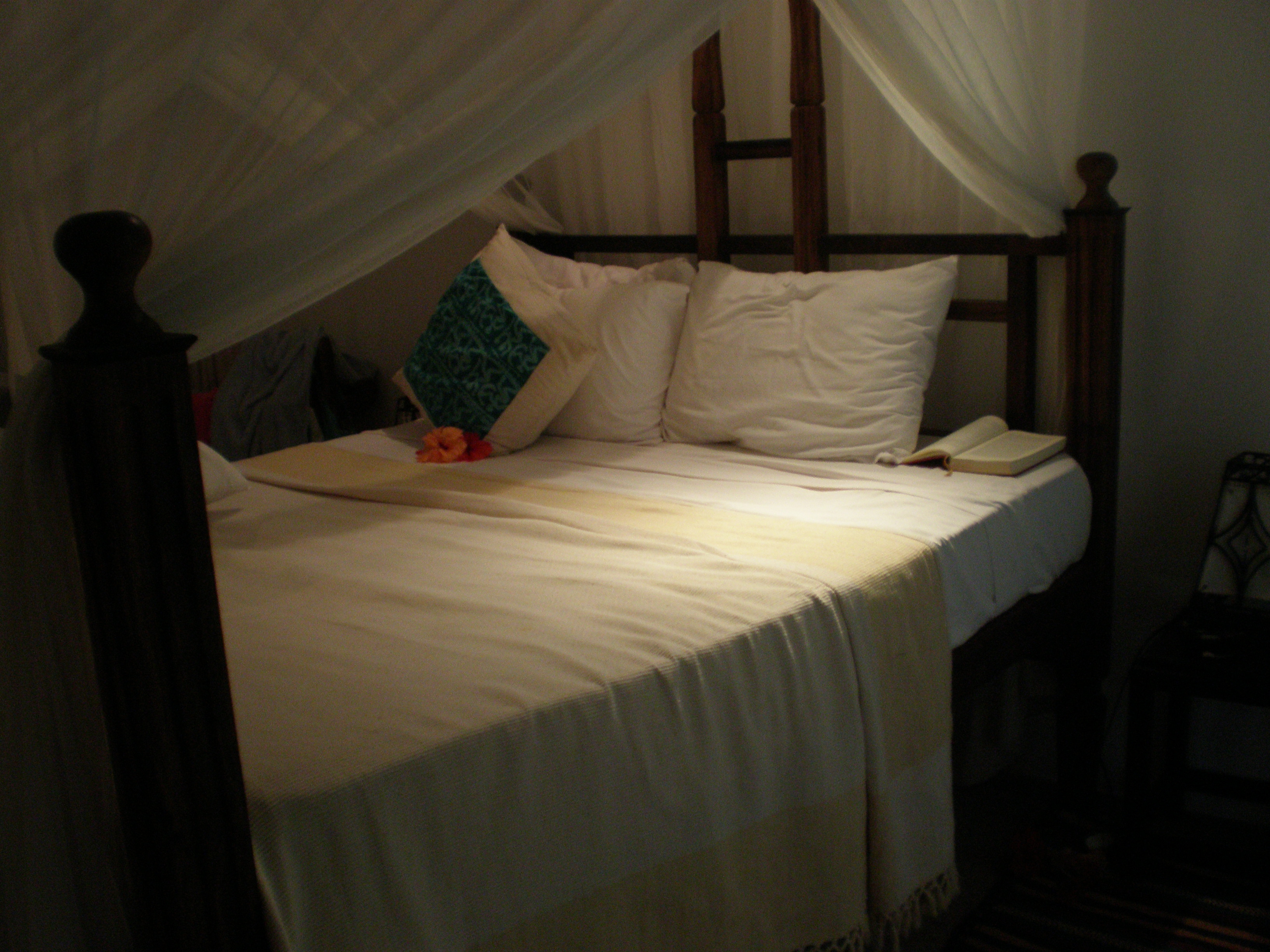Exercises
Unit Three: Deconstructing dominant discourses

Proficiency Objectives
- convey your ideas and elaborate on a variety of academic topics.
- write well organized texts for a variety of academic purposes.
- exchange detailed information on topics within and beyond your fields of interest.
- support your opinion and construct hypotheses.
- orally present a viewpoint with supporting arguments on a complex issue.
- write using target language and culture conventions to present and elaborate a point of view.
- write using target language and culture conventions for formal purposes.
- understand various viewpoints in extended oral arguments.
- understand discussions and presentations on abstract topics.
Content Objectives
- identify and use Swahili vocabulary necessary to discuss gender and sexuality.
- recognize, discuss, and write about similarities and differences among various discourses of gender and sexuality.
- identify and interpret linguistic and cultural taboos about gender and sexuality in East Africa.
Exercise 1
Write your answers to the following questions. Be sure to take note of any new words you look up to answer these questions.
- What leads people to think that they’re straight, gay, lesbian, or bisexual?
- What makes people feel comfortable and confident about their sexuality, and what makes people feel uncomfortable or uncertain about this?
- What might make people question or re-think their sexuality?
- What makes you feel certain that someone is straight, gay, lesbian, or bisexual, and what would make you feel unsure?
Exercise 2
Bring the new vocab you learned in Exercise 1 to class to be sure you are using these words correctly. If you are an independent learner, ask some Swahili speakers you know or post in an online Swahili forum. Are their any words for sexuality that are taboo? derogatory? Discuss with your teacher and/or other Swahili speakers how one should use these words appropriately in various contexts. Are there any concepts related to sexuality that don’t seem to exist in Swahili? If so, how would you express them?
Exercise 3
Write your answers to the following questions. Be sure to take note of any new words you look up to answer these questions.
- What leads people to think that they’re male or female?
- What makes people feel comfortable and confident about their gender, and what makes people feel uncomfortable or uncertain about this?
- What might make people question or re-think their assigned gender?
- What makes you think that someone is male, female, cisgendered, or transgendered, and what would make you feel unsure?
Exercise 5
Bring the new vocab you learned in Exercise 4 to class to be sure you are using these words correctly. If you are an independent learner, ask some Swahili speakers you know or post in an online Swahili forum.Are their any words for gender that are taboo? derogatory? Discuss with your teacher and/or other Swahili speakers how one should use these words appropriately in various contexts. Are there any concepts related to gender that don’t seem to exist in Swahili? If so, how would you express them?
Exercise 6
Discuss your answers to the questions in Exercise 4 with your classmates or other Swahili speakers. What are your main points of agreement and disagreement? How does your personal experience affect your answers?
Exercise 7
Think back about the discussion(s) you had with classmates and/or other Swahili speakers in Exercises 3 and 6. Write an essay of 3-5 paragraphs that addresses one or more of the following issues:
- What binaries are implicit or explicit in your own and others beliefs (or discourses) about gender and sexuality?
- What is considered good/bad, normal/abnormal in your own culture? In East African cultures?
- What values and assumptions are embedded in the discourses?
- How are various individuals or groups positioned within the discourses?
- What are the possible effects of specific discourses?
- When, where, and by whom are particular discourses are used?
- What are the purposes of a discourse?
- What discourses seem “untranslatable” between Swahili and English?
These exercises are adapted from Curran, Greg. 2006. “Responding to Students’ Normative Questions About Gays: Putting Queer Theory Into Practice in an Australian ESL Class.” Journal of Language, Identity & Education 5 (1): 85–96.

